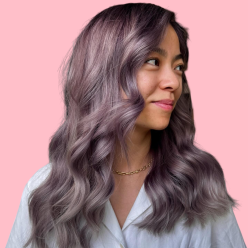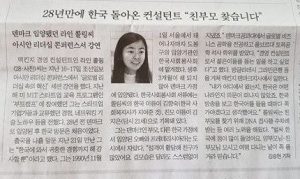In August 2021, I embarked on my longest and toughest hike: a journey across the Arctic Circle Trail in Greenland. With backpacks packed to the bare minimum, we carried everything we needed for our 11-day trek. There were no shops, restaurants, or roads along the way… just us and the vast Arctic wilderness. If you got injured, the only option was to keep moving until the end. The only way out? A helicopter evacuation
What I loved most about this trek was the raw, untouched nature and the profound sense of oneness with the environment. I typically spend 12+ hours a day in front of a laptop, so shifting to 12+ hours of hiking each day was both physically demanding and mentally freeing
Lessons learned
1. Less is more and every gram in your backpack matters
Overpacking means extra suffering. You quickly learn to prioritize essentials over comfort. My backpack weighed 12 kg and contained only the necessities:
✔ Sleeping gear – Sleeping bag & Therm-a-Rest NeoAir sleeping mat
✔ Clothing & accessories – Headlamp, hiking poles, sleeping mask
✔ Survival tools – Knife, power bank, fishing rod, kitchen essentials, food
✔ Filming gear – My drone (very essential, haha!)
Every item had to earn its place in my pack. You learn to optimize your load and let go of anything unnecessary
2. Water is life and finding it is not always simple
In extreme environments, access to water is never guaranteed. We each carried a 500ml bottle, refilling it from running streams along the way. On Day 2, we struggled to find fresh water. After hours of walking, we came across a still lake, but drinking from stagnant water is risky as it can contain bacteria and parasites. So we kept going until we finally found a running stream. This experience was humbling. At home, water is just a tap away. Here, every drop was precious
3. Fire, shelter, and food: primal needs become everything
In extreme environments, the modern world fades away, and survival instincts kick in. You become hyper-aware of resource management, energy conservation, and decision-making. One night, we camped nearby the ice cap. I slept with all my clothing on to stay warm, but at 4am I woke up, and knew I had to wake up, as I could not keep warm. Though the tent was strategically placed in a protected spot from the wind, it was too cold to sleep. I made a cup of tea to get warm, and then packed my stuff down to get moving to get heat in my body again. At 6.30am, I went fishing at caught my breakfast. A 55cm trout. What a way to start the morning
4. Nature resets your nervous system
Away from screens, deadlines, and notifications, your mental and physical health improve.
✔ Heart rate slows
✔ Sleep deepens
✔ Mind clears
Silence in the Arctic isn’t just an absence of noise, it is a presence. You begin to notice every shift in the wind, the rhythm of your breath, the subtle sounds of wildlife. It forces you to be fully present
5. The Arctic is fragile and powerful at the same time
The Arctic Circle Trail reveals the untamed power of nature – massive glaciers, endless tundra, and raw landscapes. It makes you feel small in the best possible way. But beneath its strength lies a deep fragility. As we stood before the ice cap, we watched it break in real time, large huge chunks collapsing into the water. It was a powerful, unsettling sight. Climate change is not some distant theory, it is happening right now, right in front of us
Final thoughts
This trek was not just a physical challenge, it was a lesson in endurance, adaptation, and perspective. It reminded me how little we actually need to survive, how powerful nature’s presence is, and how much the modern world dulls our instincts
💭 Would I do it again? Absolutely
💡 Would I change anything? Not a thing
Some experiences change you forever and this was one of them.




